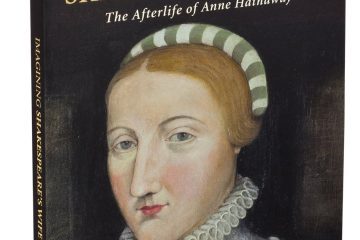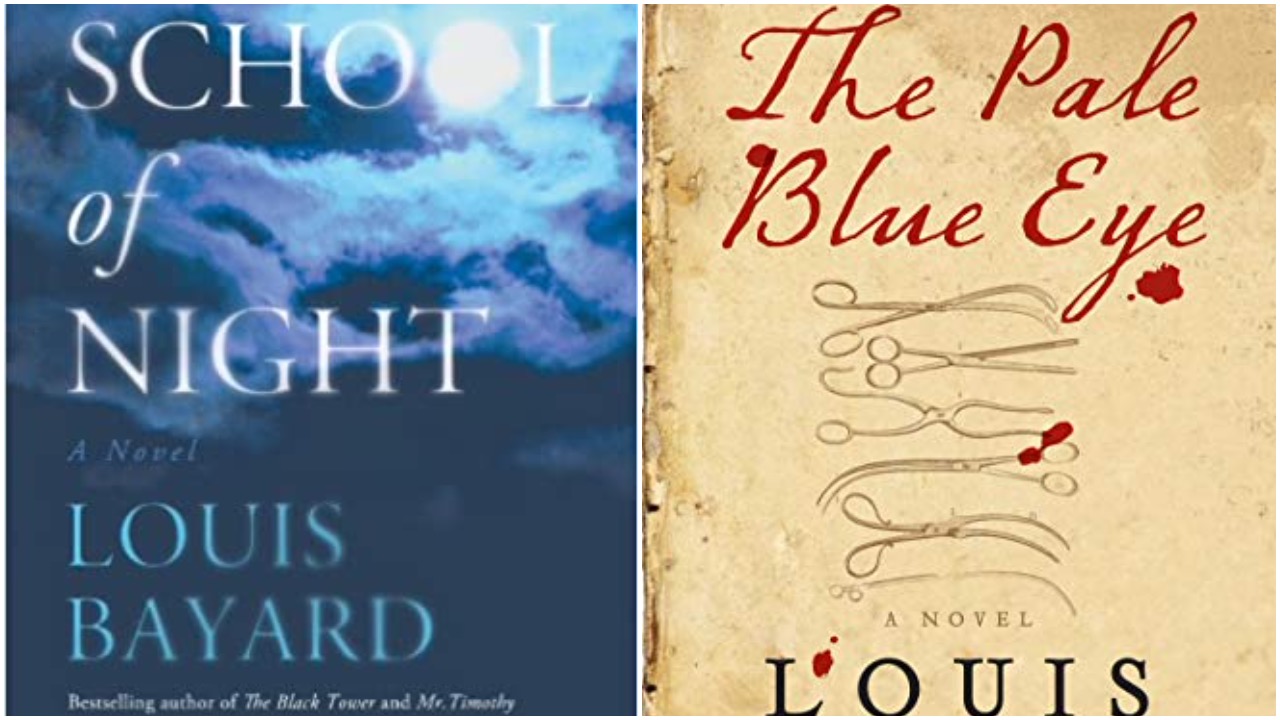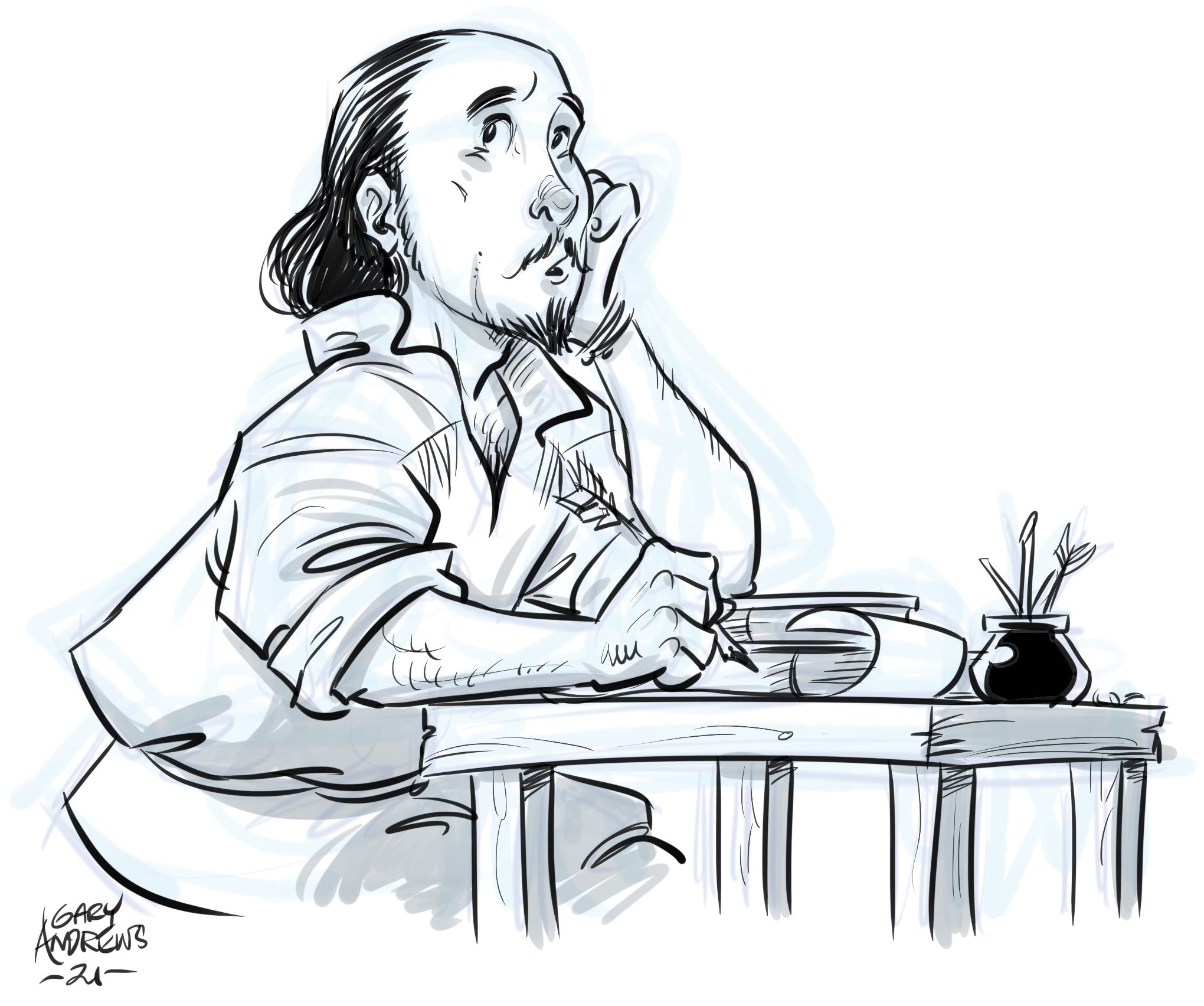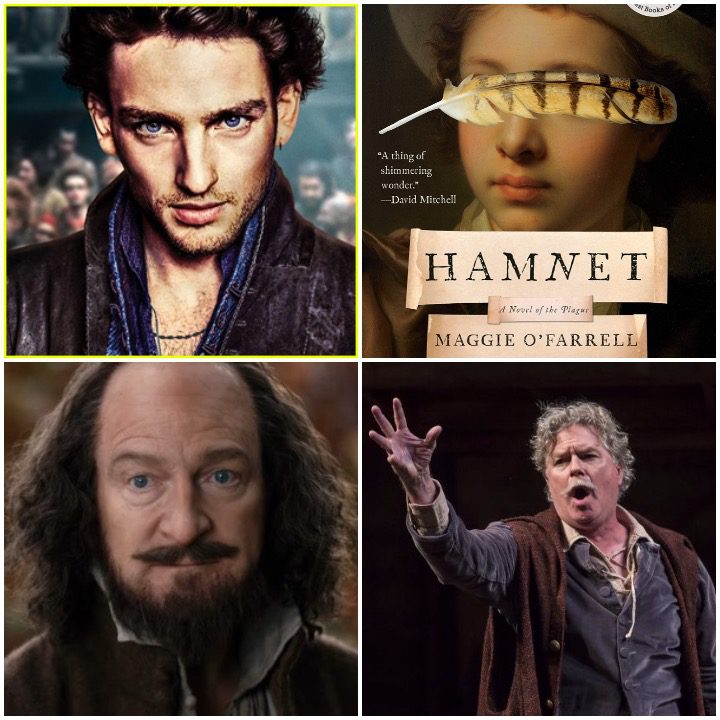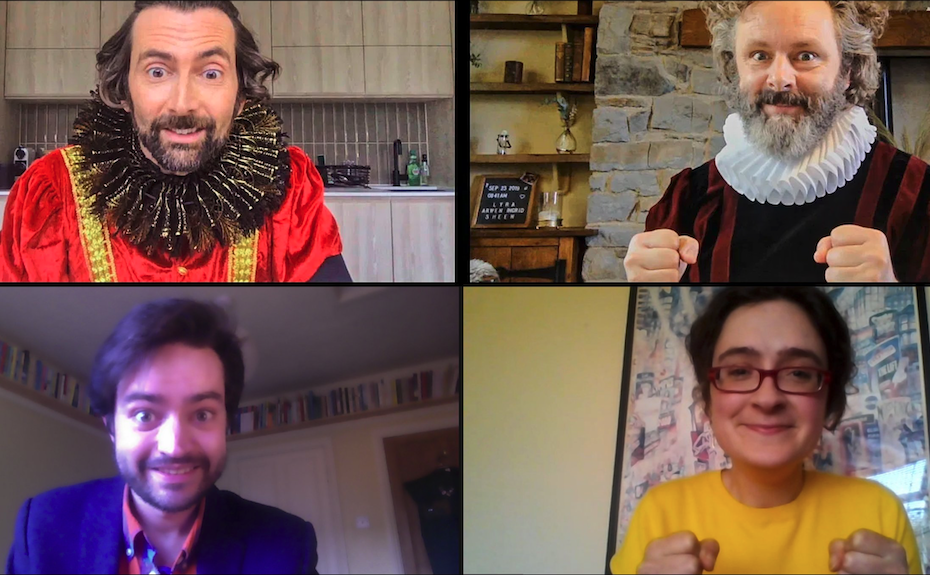Celebrating Anne Hathaway
(No, not that one.) This weekend is the 399th anniversary of the death of William Shakespeare’s wife Anne Hathaway, and to commemorate the occasion we talk to Dr. Katherine Scheil, author of Imagining Shakespeare’s Wife: The Afterlife of Anne Hathaway. Dr. Scheil discusses what drew her to Hathaway as a subject for study; how Hathaway is almost always portrayed in relationship to Shakespeare; what to make of the “second best bed” she received in Shakespeare’s will; the wonderful democratization and liberating opportunities of biofiction; how sex is frequently the default source of Shakespeare’s “inspiration;” a discussion of the relative merits of the films Shakespeare In Love and All Is True, the TV series Upstart Crow, and the novel Hamnet; and ultimately, how biofiction can be a more insightful way of understanding historical figures, and even how sitcoms can reveal greater story and character nuance than drama. (Length 25:59)
Podcast: Download (29.8MB)
